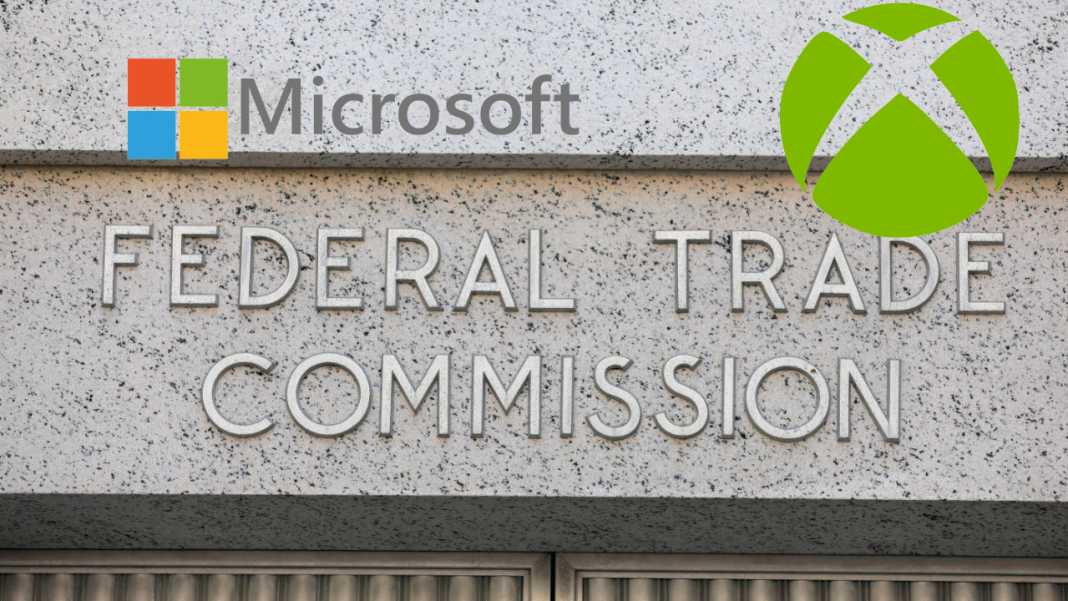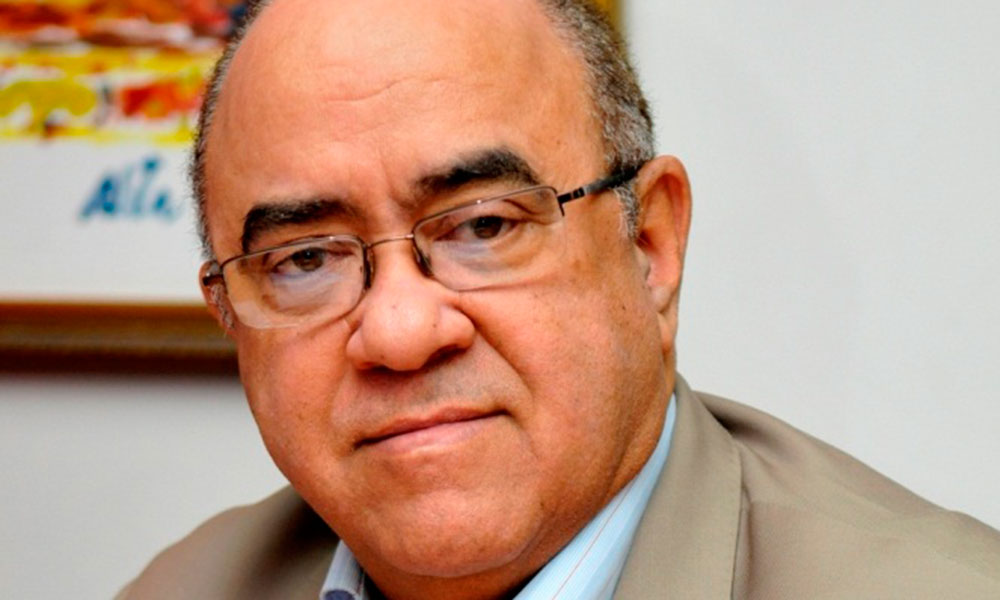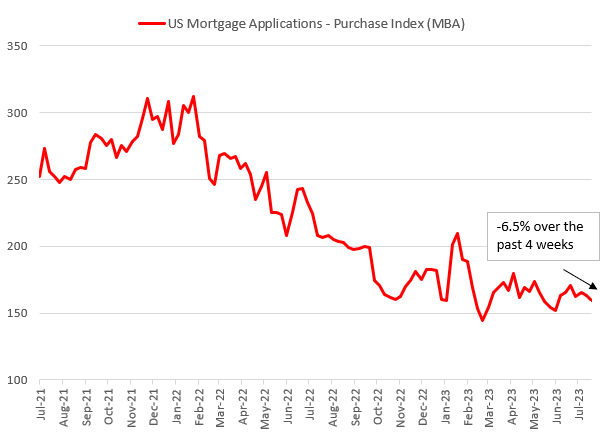FTC Appeals Microsoft-Activision Ruling: What's Next?

Table of Contents
The FTC's Arguments Against the Merger
The FTC's core argument centers on the assertion that the merger violates antitrust laws, creating an anti-competitive environment within the video game market. Their concerns revolve around several key points:
- Call of Duty Exclusivity: The FTC argues that Microsoft could leverage its ownership of Activision Blizzard to make key franchises, most notably Call of Duty, exclusive to its Xbox ecosystem. This would significantly harm competitors like Sony PlayStation and potentially stifle competition in the console market.
- Market Power Consolidation: The FTC claims the merger would give Microsoft undue market power, allowing them to dictate prices, limit innovation, and ultimately harm consumers. This extends beyond consoles, impacting PC gaming and the burgeoning cloud gaming market.
- Anti-Competitive Behavior: The FTC points to Microsoft's past acquisition strategies and behavior as evidence of their willingness to engage in anti-competitive practices to gain a dominant market position. They argue this merger represents a continuation of that pattern.
- Gaming Consoles and Cloud Gaming: The FTC's concerns extend beyond traditional console gaming. They express worry about Microsoft's ability to leverage Activision Blizzard's titles to gain an unfair advantage in the rapidly growing cloud gaming market, potentially locking out competitors and limiting consumer choice.
The FTC's legal arguments rely on detailed economic analysis, market share data, and internal Microsoft documents, aiming to demonstrate that the merger would substantially lessen competition in violation of antitrust laws.
Microsoft's Defense of the Acquisition
Microsoft counters the FTC's claims, arguing that the merger will ultimately benefit consumers and foster innovation within the gaming industry. Their key defenses include:
- Xbox Game Pass Expansion: Microsoft emphasizes that the merger will expand the already popular Xbox Game Pass subscription service, offering a wider variety of games to subscribers at a competitive price. This, they argue, increases consumer choice and value.
- Commitment to Call of Duty Availability: Microsoft has repeatedly pledged to keep Call of Duty available on PlayStation consoles and other platforms, attempting to alleviate the FTC's concerns about exclusivity. They've even offered long-term contracts to ensure continued access.
- Boosting Cloud Gaming Competition: Microsoft asserts that the merger will accelerate innovation and competition in the cloud gaming space, bringing more high-quality games to a wider audience through its cloud gaming services.
- Overall Market Competitiveness: They maintain that even with the acquisition, the gaming market remains highly competitive, with numerous players and a diverse range of gaming platforms available to consumers.
Microsoft's defense relies on demonstrating that the merger is pro-competitive and will not harm consumers. They’ve presented their own economic models and counter-arguments to refute the FTC's claims.
Potential Outcomes and Implications
The appeal process could significantly alter the landscape of the gaming industry. Several potential outcomes exist:
- FTC Victory: The appeals court could overturn the initial ruling, blocking the merger completely. This would be a significant victory for the FTC and set a powerful precedent for future tech mergers.
- Microsoft Victory: The appeals court could uphold the original ruling, allowing the merger to proceed. This would signify a significant win for Microsoft but potentially raise further concerns about regulatory oversight of large tech acquisitions.
- Negotiated Settlement: The appeal process could lead to negotiations between Microsoft and the FTC, resulting in a settlement that involves concessions from Microsoft, such as further commitments regarding Call of Duty availability or other remedies.
The timeline for the appeal is uncertain, but the outcome will inevitably impact the future of gaming mergers and acquisitions and increase regulatory scrutiny across the tech industry. The extended legal battle creates uncertainty for developers, publishers, and gamers alike.
The Broader Context of Tech Mergers and Regulations
The Microsoft-Activision case is not isolated; it reflects a broader trend of increased regulatory scrutiny of large tech mergers worldwide. This case highlights:
- Increased Antitrust Enforcement: Governments are increasingly focusing on antitrust enforcement, particularly concerning mergers that could stifle competition and harm consumers in digital markets.
- Big Tech Consolidation Concerns: The case exemplifies concerns about the growing power of large tech companies and their potential to dominate various sectors of the digital economy.
- Evolving Regulatory Landscape: The outcome will shape future discussions about appropriate regulations for mergers and acquisitions in the tech industry, globally influencing how antitrust laws are applied.
This case serves as a critical benchmark for regulators globally, potentially influencing the approach to future tech mergers and impacting the overall balance of power within the digital landscape.
Conclusion
The FTC's appeal of the Microsoft-Activision ruling is a pivotal moment for the gaming industry and broader tech sector. The outcome will impact the future of mergers and acquisitions, the competitive balance within the gaming market, and the overall regulatory environment. Understanding the nuances of this landmark FTC vs. Microsoft-Activision case is crucial for navigating the evolving world of tech mergers and antitrust regulations. Stay informed about the developments in this landmark case by following this blog for updates on the appeal and its implications for the future of the gaming industry.

Featured Posts
-
 Bob Fickels 40th Canberra Marathon Attempt A Canberra Times Update
Apr 25, 2025
Bob Fickels 40th Canberra Marathon Attempt A Canberra Times Update
Apr 25, 2025 -
 The Evolving Relationship Chinas Pursuit Of A Partnership With Canada
Apr 25, 2025
The Evolving Relationship Chinas Pursuit Of A Partnership With Canada
Apr 25, 2025 -
 Harrogate Spring Flower Show To Welcome 40 000 Attendees
Apr 25, 2025
Harrogate Spring Flower Show To Welcome 40 000 Attendees
Apr 25, 2025 -
 Accountability And Reform Pope Francis Actions And The Ongoing Fight Against Abuse In The Catholic Church
Apr 25, 2025
Accountability And Reform Pope Francis Actions And The Ongoing Fight Against Abuse In The Catholic Church
Apr 25, 2025 -
 Eligen A Los Ganadores De Los Premios Caonabo De Oro 2025 Una Mirada A Las Nominaciones
Apr 25, 2025
Eligen A Los Ganadores De Los Premios Caonabo De Oro 2025 Una Mirada A Las Nominaciones
Apr 25, 2025
Latest Posts
-
 Navigating The Chinese Market The Struggles Of Bmw Porsche And Other Auto Brands
Apr 26, 2025
Navigating The Chinese Market The Struggles Of Bmw Porsche And Other Auto Brands
Apr 26, 2025 -
 The Growing Market Of Betting On Natural Disasters A Case Study Of The La Wildfires
Apr 26, 2025
The Growing Market Of Betting On Natural Disasters A Case Study Of The La Wildfires
Apr 26, 2025 -
 The La Wildfires And The Gambling Industry A Concerning Connection
Apr 26, 2025
The La Wildfires And The Gambling Industry A Concerning Connection
Apr 26, 2025 -
 Bmw And Porsches China Challenges A Growing Trend Among Automakers
Apr 26, 2025
Bmw And Porsches China Challenges A Growing Trend Among Automakers
Apr 26, 2025 -
 Is Betting On Natural Disasters Like The La Wildfires Ethical
Apr 26, 2025
Is Betting On Natural Disasters Like The La Wildfires Ethical
Apr 26, 2025
